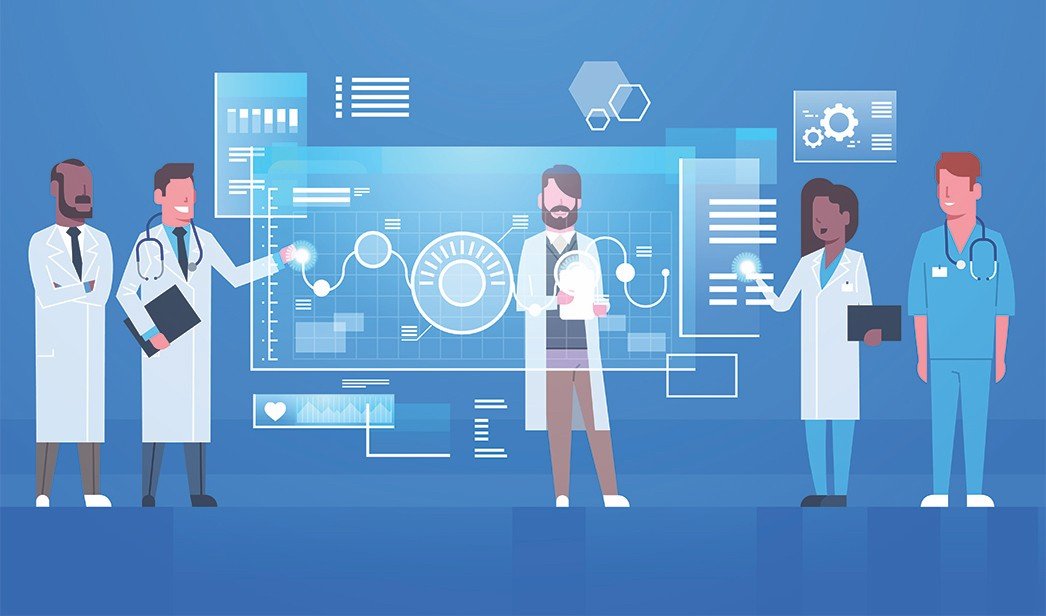Technology is revolutionizing healthcare, changing how patients are diagnosed, treated, and monitored. From artificial intelligence (AI) to telemedicine, digital tools are making healthcare more accessible, efficient, and personalized.

AI and Precision Medicine
AI algorithms can analyze large datasets to detect patterns, predict disease risks, and recommend personalized treatments. Radiology and pathology are benefiting from AI-driven image analysis, which can identify early signs of diseases such as cancer with high accuracy. Precision medicine, powered by genomics and AI, enables treatments tailored to individual patients, improving outcomes while minimizing side effects.
Telemedicine and Remote Care
Telemedicine has emerged as a vital solution for patients in remote or underserved areas. Video consultations, remote monitoring devices, and mobile health apps allow healthcare providers to deliver care without geographical constraints. During the COVID-19 pandemic, telemedicine became essential for maintaining continuity of care.
Challenges and Ethical Concerns
While technology improves healthcare, it also raises ethical and regulatory concerns. Data privacy, cybersecurity, and potential algorithmic bias must be addressed. Policymakers are developing guidelines to ensure that AI and other technologies are used responsibly, while healthcare professionals are trained to interpret AI results rather than rely solely on them.
The Future of Healthcare
Experts foresee a hybrid healthcare model where technology supports human clinicians rather than replaces them. Innovations such as robotic surgeries, wearable health monitors, and AI-assisted diagnostics will continue to enhance efficiency, accessibility, and patient outcomes.
Technology is transforming healthcare into a more personalized, efficient, and globally accessible system. Balancing innovation with ethical safeguards will ensure that patients benefit while maintaining trust in the healthcare system.